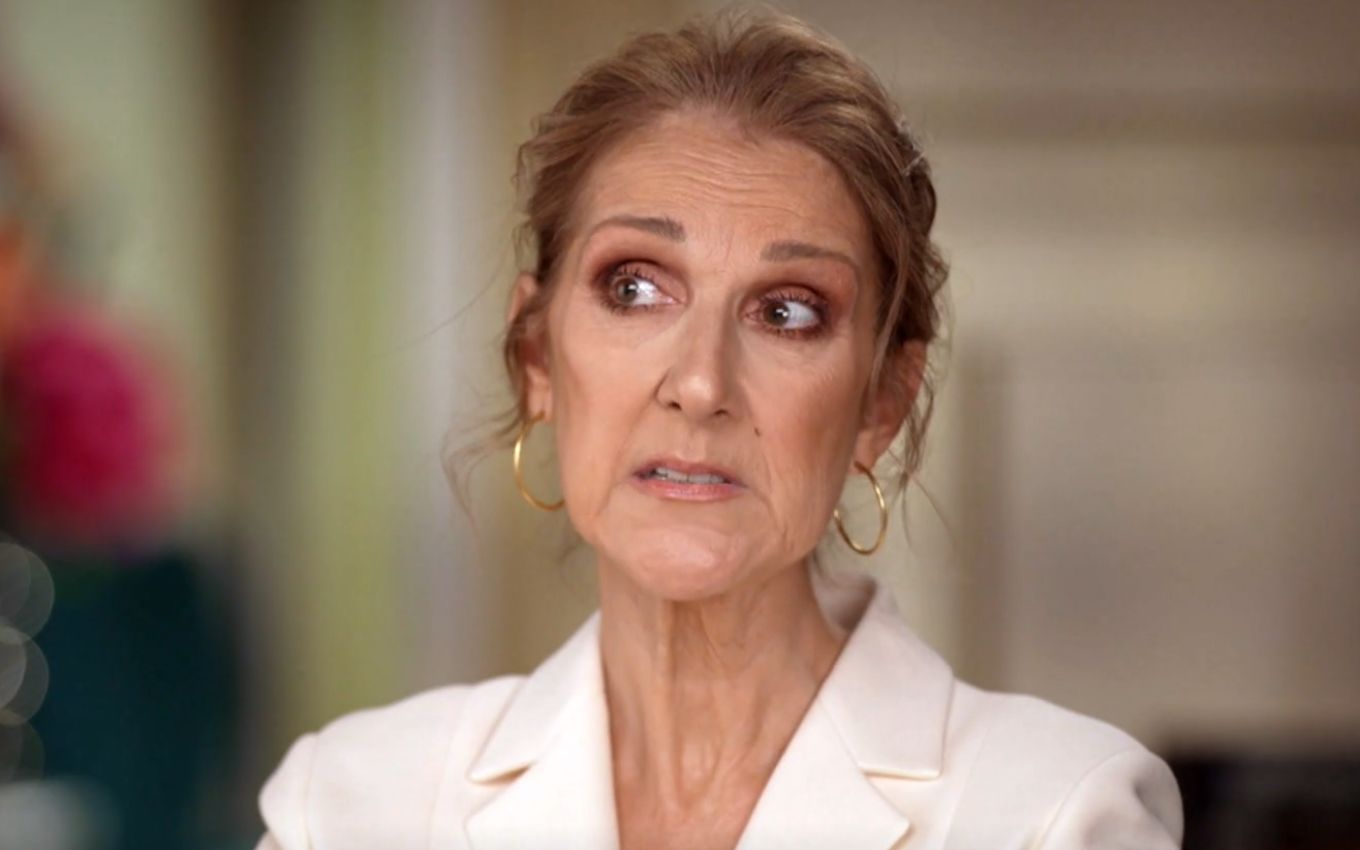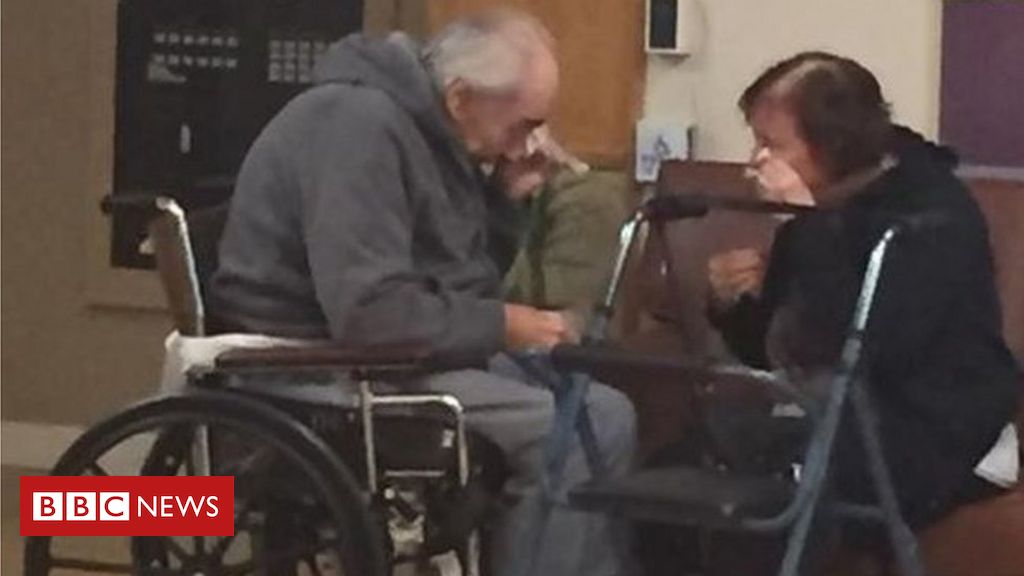Federal government launches More Doctors in HE program
The Minister of Health, Nísia Trindade, participated on Monday afternoon (11) in Vitória, together with Governor Renato Casagrande (PSB), in a ceremony to officially launch the Mais Médicos program in the state. Espírito Santo is expected to welcome 142 new professionals to work in 53 municipalities. These doctors join the 153 already working in the state and will be inserted into the system by the end of the year to serve the people.
The ceremony at Palácio Anchieta began with a symbolic presentation of coats and a round of applause for some of the doctors who arrived in the state thanks to the Mais Médicos program.
These are doctors who started working in primary care in Espírito Santo thanks to Mais Médicos. In addition, the program also provides two other notices for professionals wishing to work in the state, through the Street Clinic and Primary Prison Care teams, which are in the finalization stages.
With the new doctors, the state program has the total of 295 professionals. Until the end of 2023 the state expects 202 additional doctors to be enrolled in the programwhich should also increase the number of municipalities served.
According to current rules, town halls must register for the program to receive professionals. According to Casagrande, the Mountain chain is the municipality that will hire the most doctors.
“Currently, there are just over 200 doctors who can be hired by the federal government and made available to municipalities. This also results in a reduction on resources reaching municipalities through transfers from the federal government. It depends on the interest of the municipality. If she’s interested, she can hire, whether it’s one, or two, or three or more. Serra is the municipality that will hire the most doctors among the largest number of doctors, so it is a strengthening of primary care,” commented the governor.
The program was implemented in 2013, but was suspended in 2019. It was taken over by the federal government in February this year and its main objective is to strengthen basic health care in the unified health system, the SUS, in vulnerable areas. The minister participated in the first reception of doctors who will work in the state.
“With all the weakening of Mais Médicos in the previous federal government, there was a huge deficit of assistance in many of our municipalities. So it is about providing health care from the doctor, but in collaboration with teams family health, with other professionals, for those who most need this service”, declared the Minister of Health.
Adeline Requel is one of the new doctors arriving in the state. She previously participated in the program and decided to return. Over the next few years, Adeline will care for many families in Coqueiral de Itaparica, in Vila Velha.
“We are passionate about the overall care of the population, about the access we can give to people in need, to people who have difficulty getting to the unit. We can make visits, train groups. We can provide quality care so that this person does not get sick and then further overload our services, secondary and tertiary,” said Adeline
According to the Ministry of Health, Brazilian doctors will be given priority for vacant positions. But the government still has difficulty finding doctors interested in working in certain fields and, in these cases, foreigners will be recruited.
“We still have difficulties recruiting professionals registered in Brazil for indigenous areas, for the most remote territories of the country. And we consider that the recruitment of medical professionals registered abroad continues to be necessary for our country” , underlined Nésio Fernandes, secretary of Primary Health Care.
One of the new features of the program this year is the length of service. Professionals stay in cities for at least four years, which can be extended for another four years.
Each doctor in the program will receive a grant of 12,000 reais. Foreigners or Brazilians trained in other countries can participate, but they must pass a test that guarantees recognition of the diploma in Brazil, called revalida.
VIDEOS: all about the Holy Spirit

“Typical thinker. Unapologetic alcoholaholic. Internet fanatic. Pop culture advocate. Tv junkie.”

:strip_icc()/s01.video.glbimg.com/x720/11938396.jpg)
:strip_icc()/i.s3.glbimg.com/v1/AUTH_da025474c0c44edd99332dddb09cabe8/internal_photos/bs/2023/D/n/i7eIkcQsAB0YgsWKDQMw/whatsapp-image-2023-03-08-at-10.48.49.jpeg)




:strip_icc()/i.s3.glbimg.com/v1/AUTH_63b422c2caee4269b8b34177e8876b93/internal_photos/bs/2021/T/V/IFkavRRSSjHCBPZfqVXw/ap21313490536644.jpg)